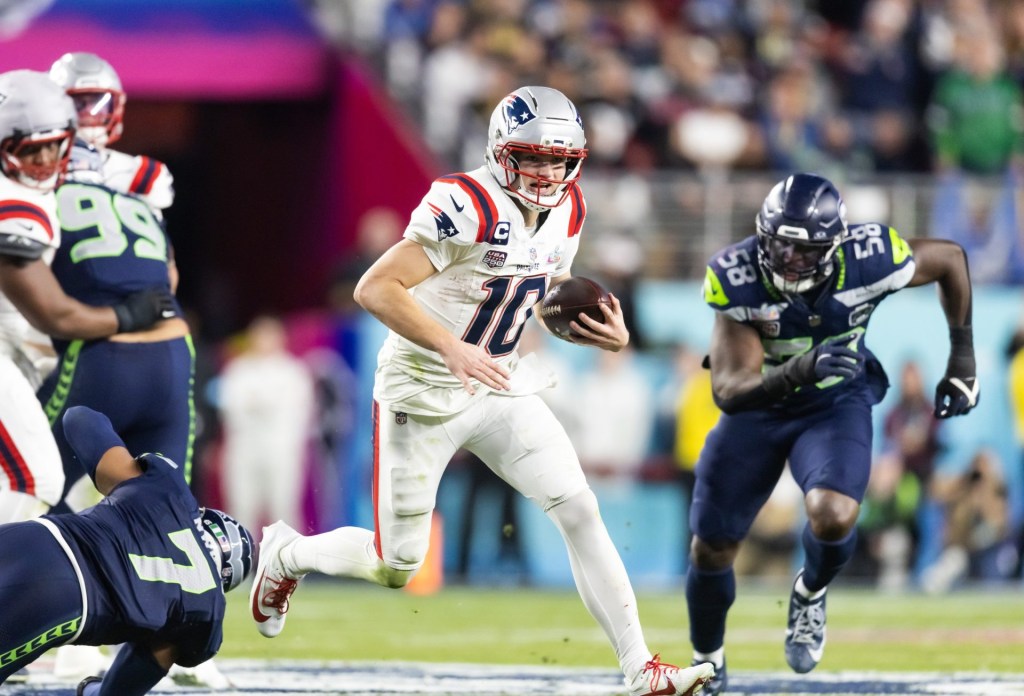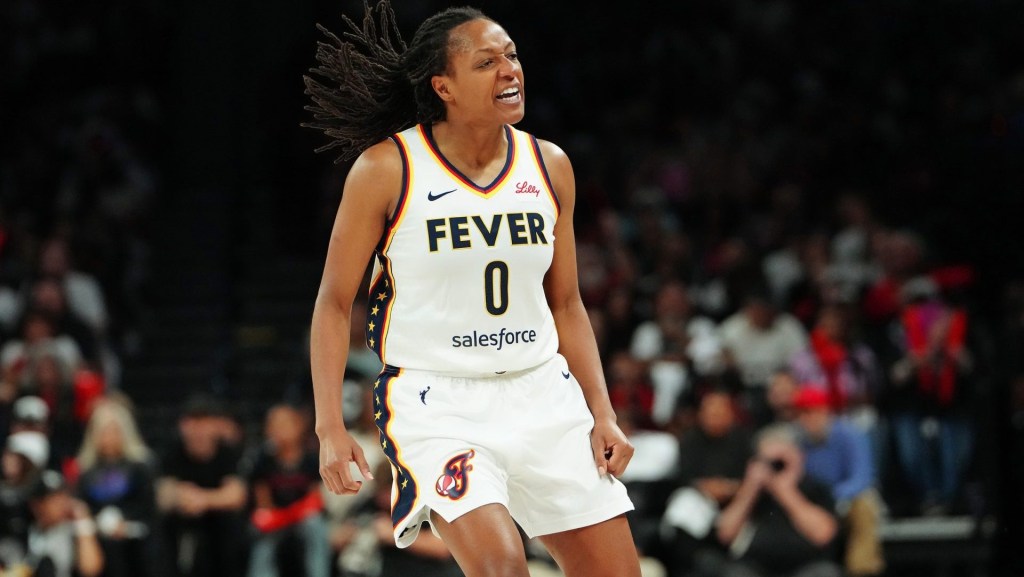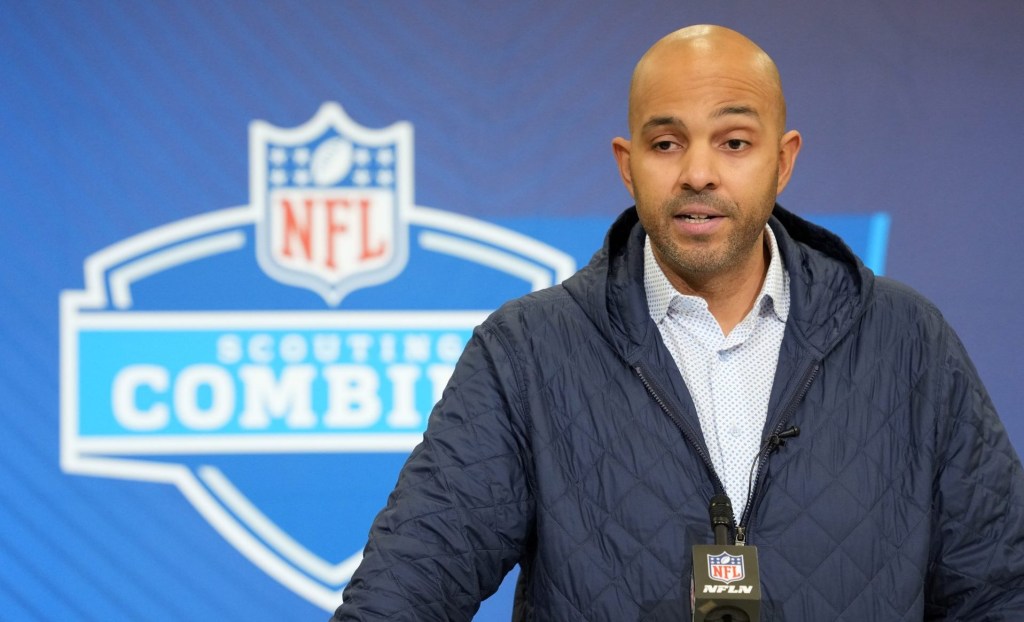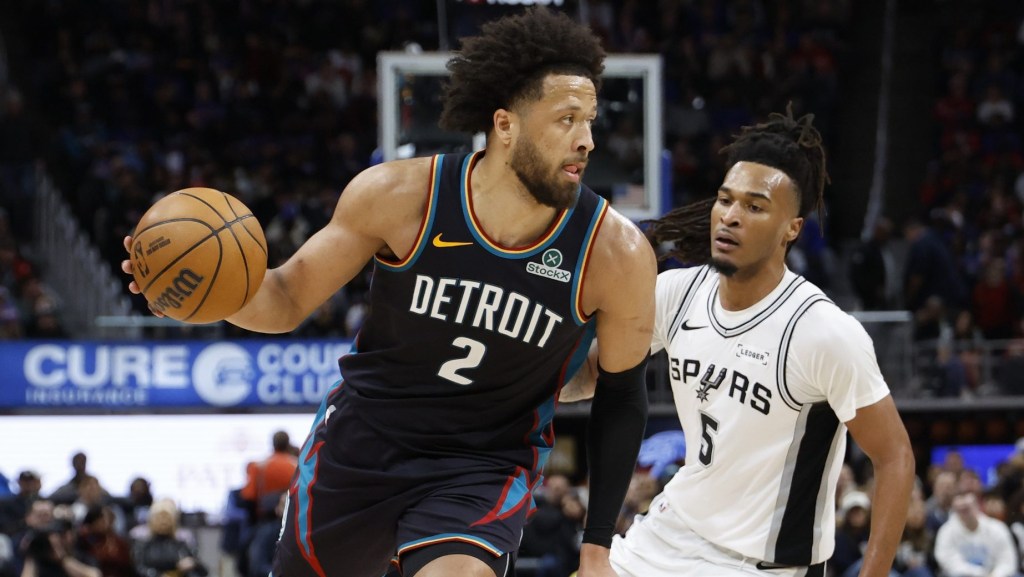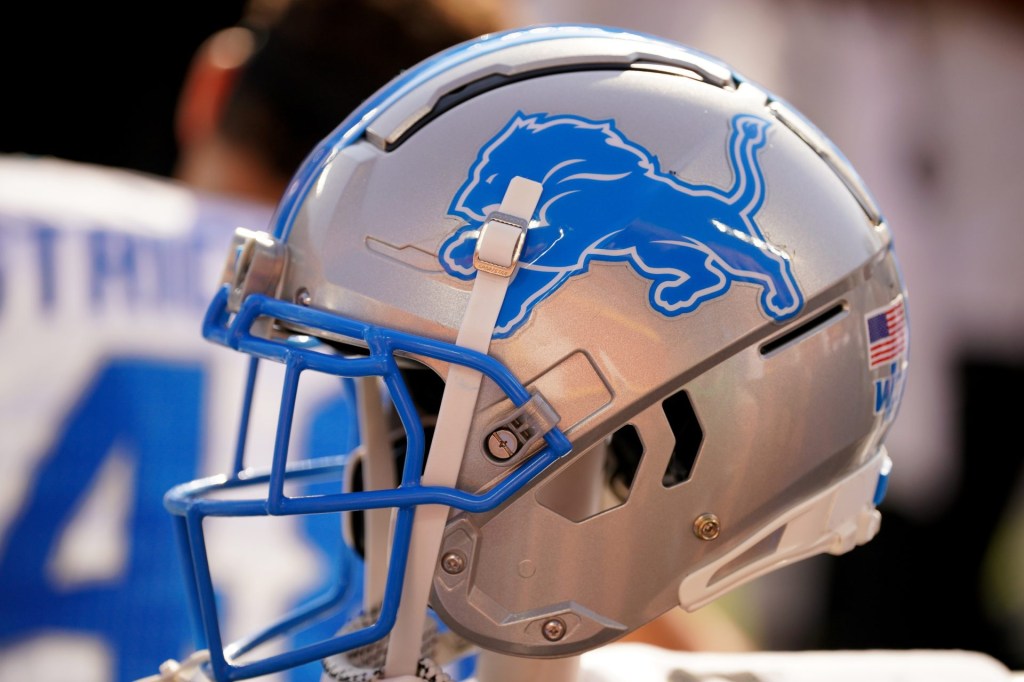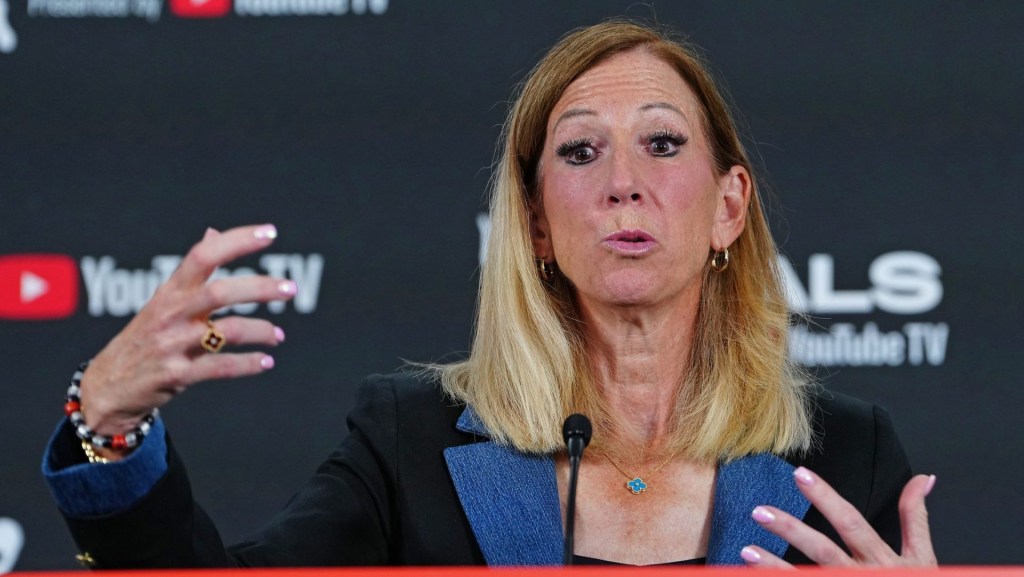Over two decades after the Mohegan Tribe brought the WNBA to Connecticut, it has been actively pursuing a sale. But the league appears to be intervening in the process.
The record $325 million offer for the Sun made by a Boston group led by Celtics minority owner Steve Pagliuca was already agreed to by the Tribe in early July, multiple sources familiar with the deal told Front Office Sports.
The offer, which also included a future $110 million investment into a practice facility, was subsequently presented to WNBA commissioner Cathy Engelbert, but never to the league’s board of governors. The exclusivity period expired after nearly a month, opening the door back up to other interested groups, including one led by former Milwaukee Bucks owner Marc Lasry, sources said.
The Lasry-led group, which is pursuing keeping the team in Connecticut, is considered to be in active competition with Pagliuca’s bid at this stage.
The WNBA has the power to force a sale to a Connecticut-based buyer, in which case the Mohegan Tribe would cooperate, according to The Boston Globe. The WNBA did not respond to an email from FOS asking why the league would force the team to stay in Connecticut.
Ahead of the Sun’s game against the Liberty on Sunday, team president Jen Rizzotti spoke to the media at a press conference on the status of the team’s potential sale.
“I can’t really comment on what the league may or may not want for the Sun,” Rizzotti said. “I will reiterate that they’ve been thoughtful about where they’ve wanted the league to go, and having ownership groups that are invested at the right level. I can’t imagine that if there is an investment group at the right level in a great city, why anybody would not consider that to be a viable option.”
The tribe paid $10 million to purchase the Orlando Miracle. They subsequently relocated the team 1,200 miles north to Uncasville, Conn., in 2003 marking the beginning of professional basketball in the state. Both the sale and the relocation were subject to approval by the WNBA’s board of governors, as is the case now with the Pagliuca-led group.
The WNBA released a statement following reports that the PagsGroup had a deal to buy the Sun, which emphasized Boston was not one of the 12 cities to bid for an expansion team in the most recent process. Cleveland, Detroit, and Philadelphia were granted expansion teams for a fee of $250 million apiece. The other nine teams, the league said, “remain under consideration based on the extensive work they did as part of the expansion process and currently have priority over Boston.”
Multiple FOS sources criticized the WNBA’s statement because it appears to suggest the league might force the Sun to sell to a buyer of the league’s choosing.
During the press conference announcing Cleveland, Detroit, and Philadelphia as the WNBA’s next three expansion cities, Engelbert made it a point to call out Houston directly.
“Houston would be up next, for sure,” Engelbert said in June in response to a question about the timeline for evaluating bids. “There might be opportunities there.”
Based on prior operational standards as they pertain to expansion and the sale of individual franchises, the league’s statement—which conflates the two processes—is confounding. While the league has control over expansion, individual owners and ownership groups have always had control over the sale of their franchises, aside from them being subject to approval from the board of governors.
“I can’t speak to where the team is going to go,” Rizzotti said on Sunday. “But if Boston was an option, it’s hard to argue that they’re not a city that’s viable for a WNBA franchise.”
The league office did not immediately respond to a request from FOS for comment.
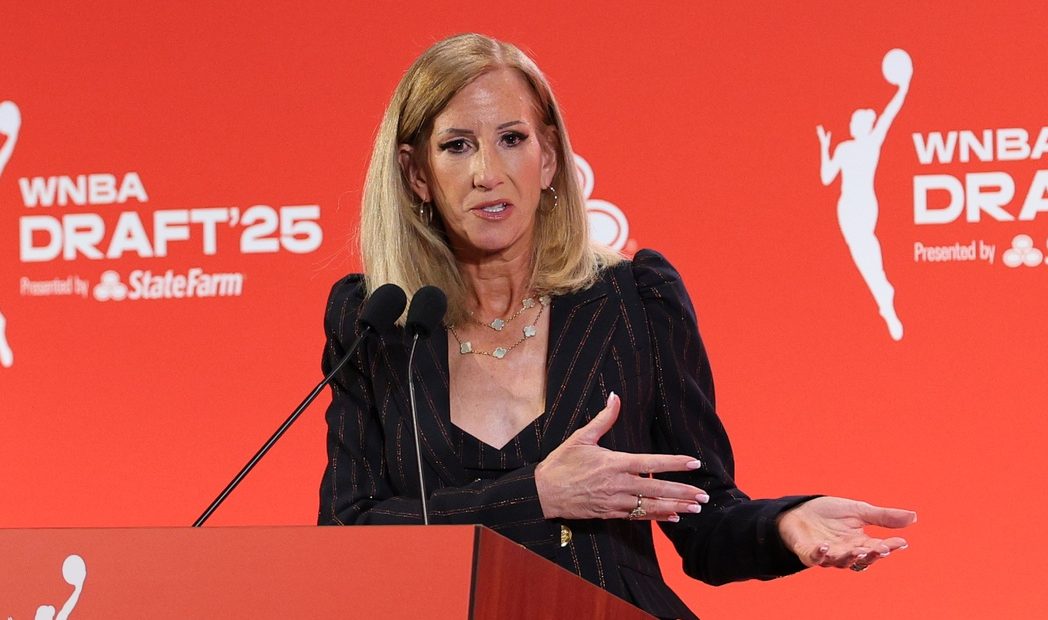
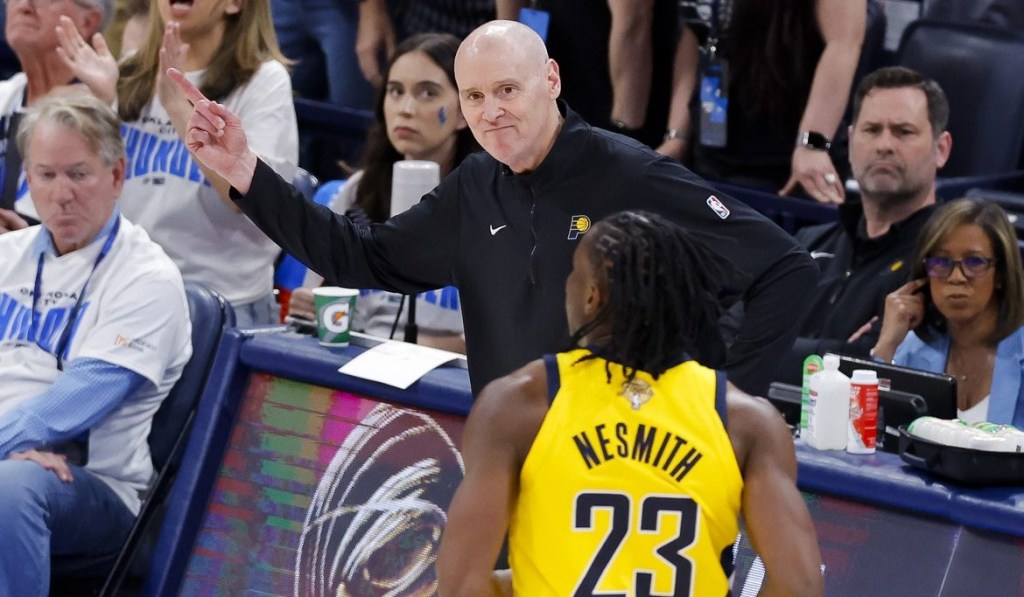
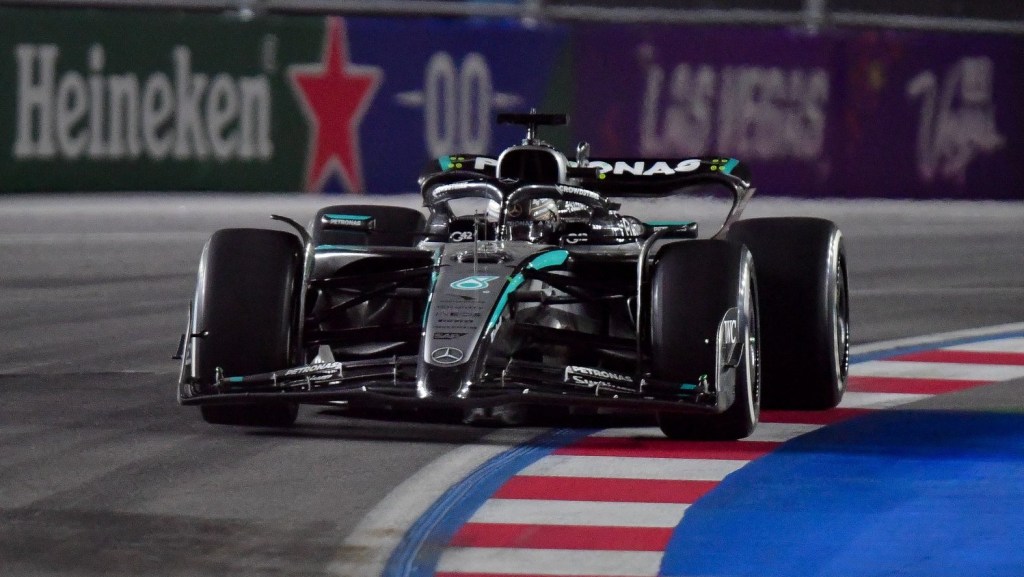
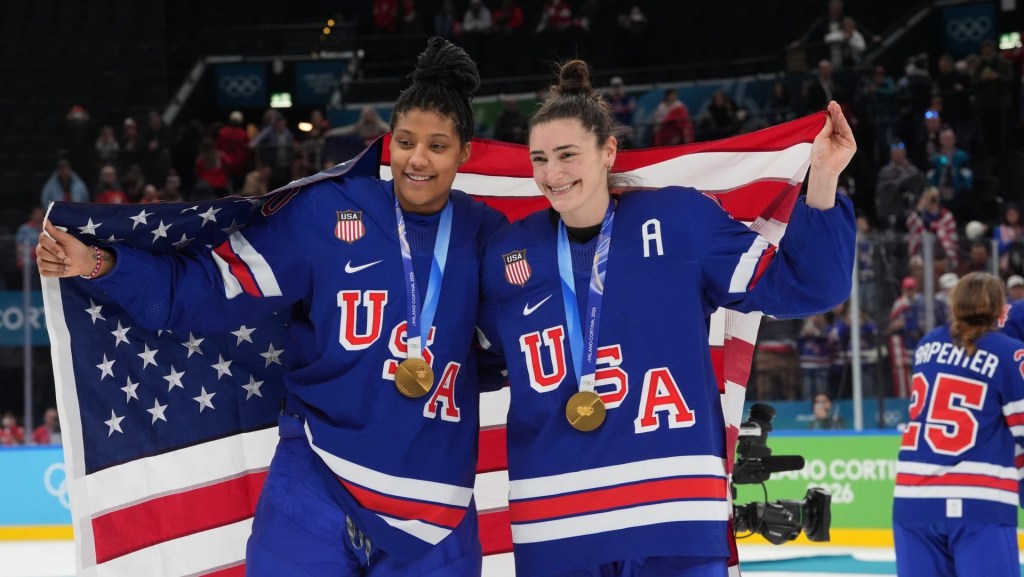
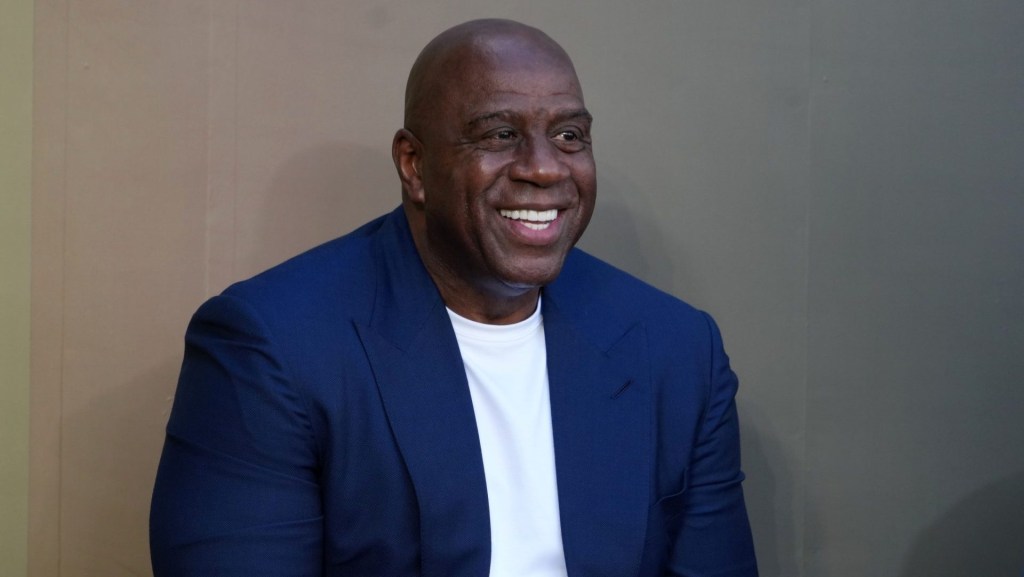
![[Subscription Customers Only] Jul 13, 2025; East Rutherford, New Jersey, USA; Chelsea FC midfielder Cole Palmer (10) celebrates winning the final of the 2025 FIFA Club World Cup at MetLife Stadium](https://frontofficesports.com/wp-content/uploads/2026/02/USATSI_26636703-scaled-e1770932227605.jpg?quality=100&w=1024)



